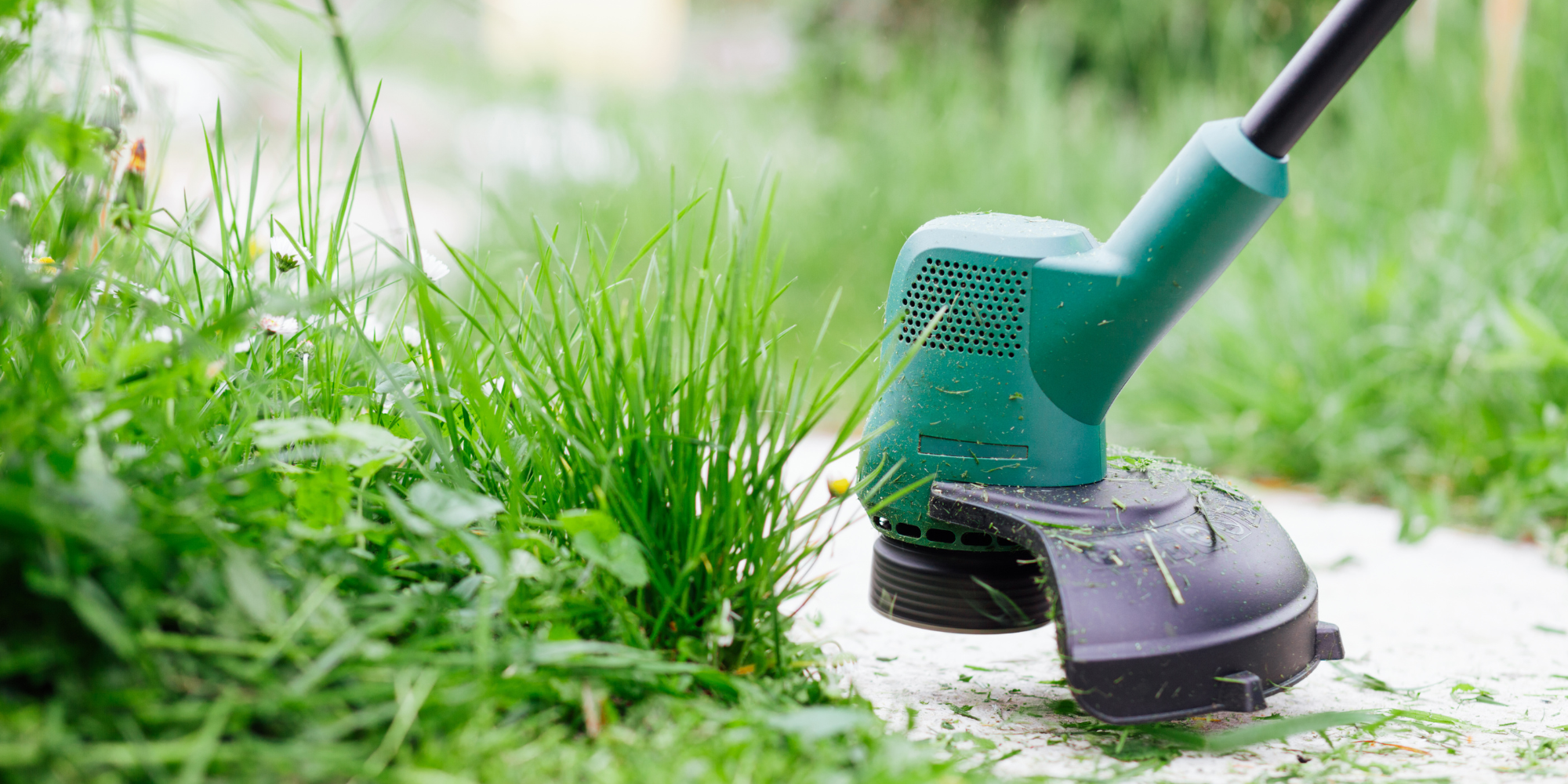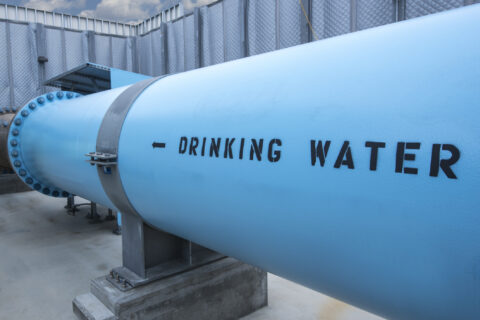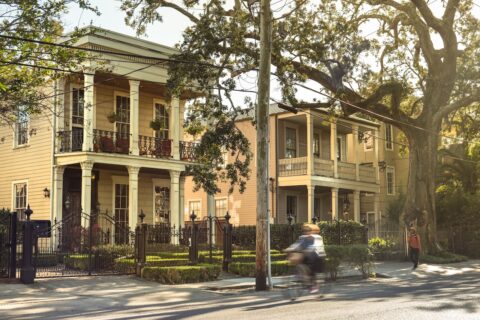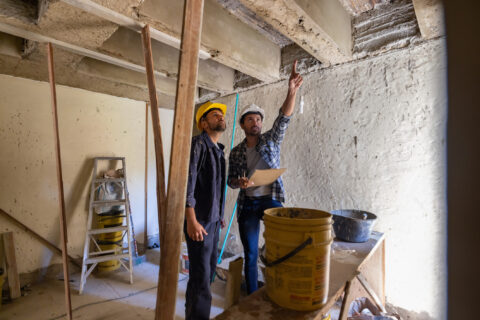Electrification – of our homes, businesses, and transportation – is one critical step in building a climate ready future for all. One small but critical component of electrification is transitioning to electric lawn equipment. Consumer electric lawn equipment – ranging from leaf blowers, power trimmers, weed-whackers, snow blowers and even riding lawn mowers – offer a sustainable alternative to gasoline powered equipment. Electric lawn equipment provides numerous benefits including reducing odor from burning fuel and gasoline spills, no asthma-aggravating ozone emissions, less noise and increased reliability compared to traditional lawn equipment because of less required maintenance. Operating a gas-powered leaf blower for an hour, creates as much smog as a Toyota Camry driving 1,100 miles. Investments in battery technology will only continue to decrease their cost and increase their power. This is helped by the rapidly expanding market, which is predicted to have grown from 9 million units in 2015 to over 16 million in 2020, which is around 44 percent of their lawn equipment market. Many local governments provide incentives to switch in order to meet emissions targets set in their own climate action plans, state targets or to comply with state and local bans on gas equipment.
What Cities are Currently Doing
Cities, towns and villages are using different funding sources and methods to help their residents switch from gasoline powered lawn equipment to electric.
The City of South Portland, ME launched their Electrify Everything! program in September 2022. This program aligns with the city’s One Climate Future, which has a goal to run everything on clean renewable energy. Eligible residents who purchase an electric lawn mower and/or leaf blower can receive a rebate of $100 through Electrify Everything! The program rebates are set for households with incomes up to 100 percent of Area Median Income, which for South Portland is below $111,7000 for a family of four. Funding for the program comes from the city’s State and Local Fiscal Recovery Funds (SLFRF).
The City of Toledo, OH is working with their county to issue $100 rebate gift cards to residents who properly dispose of their gas-powered lawn mower and purchase a battery powered electric lawn mower. To receive the rebate gift card residents must fill out a simple form online and upload the receipt. Residents can then pick up the gift cards or have them mailed out. This rebate program started on July 20, 2022, and ends May 1, 2023.
In Michigan, the City of Holland’s community owned Board of Public Works is offering lawn tool rebates for their electric customers. Rebates can be applied to string trimmers, leaf blowers, lawn mowers and snow blowers. Unlike the other two programs above, customers of the Holland Board of Public Works receive an additional rebate if they recycle their gas-powered tool. For example, if someone purchases a new electric lawn mower, they will receive a $50 rebate. But if they properly recycle their gas-powered lawn mower and purchase the new electric lawn mower, they will receive an additional $100 rebate for a total of $150.
How City Leaders Can Increase Uptake of Electric Lawn Equipment
City leaders interested in promoting electric lawn equipment should begin by identifying the goals they wish to achieve knowing that resources and interest may be limited. The examples above target residential lawn equipment but there is also room to transition municipal and business equipment as well. Local leaders will also want to think about a phase out approach or a bulk buy, especially when considering municipal or business equipment for the community.
Next, local elected officials can work to identify a funding source for their program. Local sources like State and Local Fiscal Recovery Funds (SLFRF) from the American Rescue Plan Act, or general funds may be a great start to get residents interested early on or help with municipal equipment transitions. States may also have funds available to help create a rebate program. Wichita, KS received a $10,000 air quality grant from the Kansas Department of Health and Environment to help the city reduce their ozone emissions. Cities, towns and villages may also be able to work with their local utility provider to create a funded program, like in Holland, MI. Utility companies may be able to tap into other funding sources and may be interested in transitioning their own equipment to allow for an even larger bulk buy. Local leaders will want to work with their local utility provider regardless as an increase in electricity use will result as the switch to electrical lawn equipment occurs.
As city staff and elected officials consider creating and funding a program, city leaders will also want to think about how they can center equity in an electric lawn equipment program. Where and who will the program target are two key questions local leaders will want to answer early on. Along with potentially setting an income cap like South Portland, municipalities will also want to consider how information about the program is communicated to residents.










